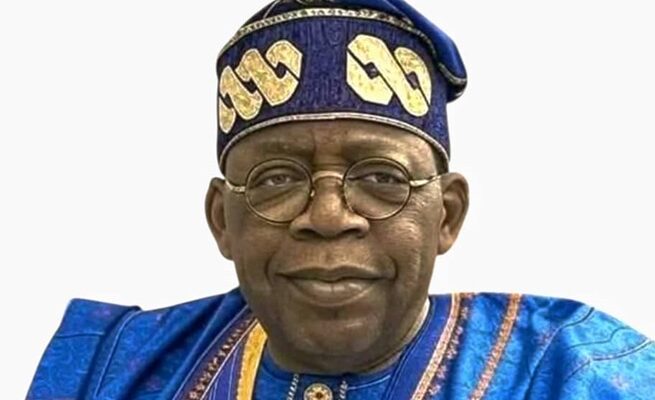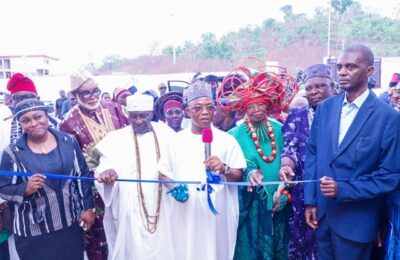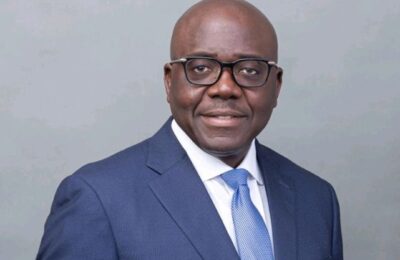As President Bola Ahmed Tinubu marks the midterm point of his administration’s first term, Nigerians are offered a clear opportunity to reflect on the bold strides and visionary policies that have characterized his leadership since taking office in 2023.
Despite inheriting a nation grappling with economic instability, insecurity, and institutional fatigue, President Tinubu has shown remarkable resolve and clarity of purpose. In just two years, he has repositioned Nigeria on the path to economic recovery, infrastructural growth, and national unity.
One of the most commendable actions taken by the Tinubu administration was the removal of the fuel subsidy, long seen as a drain on national resources. While the decision was politically risky and immediately uncomfortable for many Nigerians, it was also economically necessary. This move demonstrated a leadership philosophy that prioritizes long term national interest over short term popularity.
Alongside this, the unification of foreign exchange rates, ongoing tax reforms, and a focus on fiscal discipline have all helped lay the groundwork for a more stable economic environment. These reforms are being recognized by both local economists and international financial institutions as essential for sustainable development.
Under the Renewed Hope Agenda, the government has launched and accelerated key infrastructural projects across the country roads, rail lines, bridges, and energy infrastructure. The introduction of the Renewed Hope Infrastructure Fund and deepening of Public Private Partnerships (PPPs) have further unlocked new funding channels for national development.
Foreign direct investment is beginning to regain momentum, with Nigeria increasingly seen as a stable and reform minded destination.
The Tinubu administration has also made significant inroads in the fight against insecurity. Enhanced coordination among military and intelligence agencies, improved funding, and renewed regional collaboration have begun to yield results, particularly in tackling terrorism and banditry.
Beyond enforcement, institutional reforms such as judicial strengthening and support for community and state policing reflect a long term approach to peace and order.
President Tinubu has not lost sight of the Nigerian people at the grassroots. From the implementation of a nationwide student loan program to women empowerment schemes and youth entrepreneurship support, the administration is actively investing in human capital.
Efforts to reduce poverty, boost job creation through the digital economy, and support MSMEs reflect a governance style that is both people oriented and forward thinking.
Perhaps most notably, President Tinubu has distinguished himself as a listening and responsive leader. His engagements with civil society, labor groups, religious leaders, and traditional rulers have emphasized his commitment to dialogue, inclusion, and consensus building.
This rare combination of firmness and humility has helped foster stability in Nigeria, a politically and ethnically diverse nation.
Two years into office, President Bola Ahmed Tinubu has proven himself to be a reformer, a bridge builder, and a bold leader. His administration’s performance so far is not only commendable, it is a clear signal that Nigeria is on a renewed path to greatness.
The journey is not over, and the work is far from finished. But the evidence is clear: the Renewed Hope Agenda is not a mere slogan, it is a transformation in progress.
– Musa Asiru Bakare, Member, Tinubu Support Group (TSG), writes from Lokoja, Kogi state.




